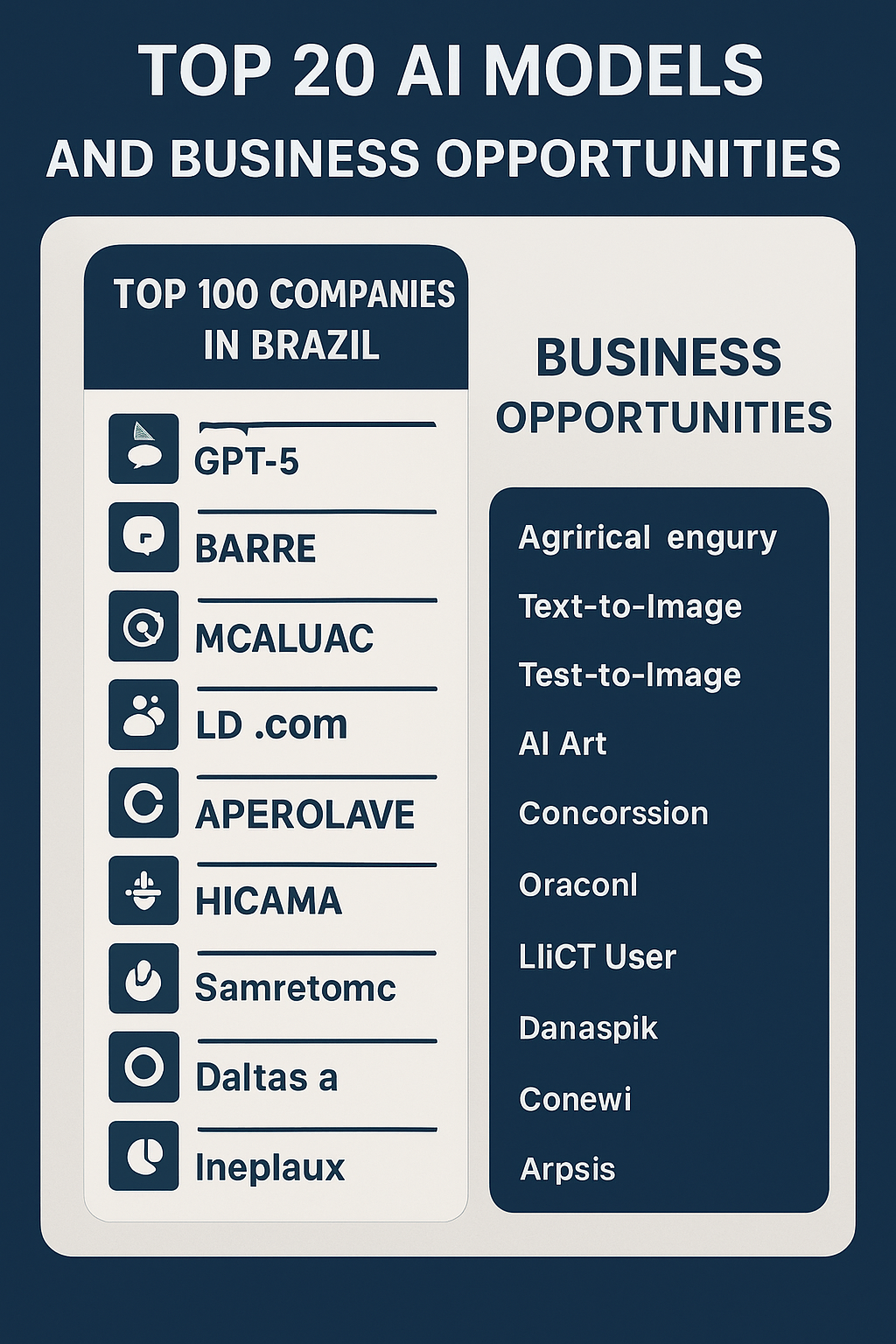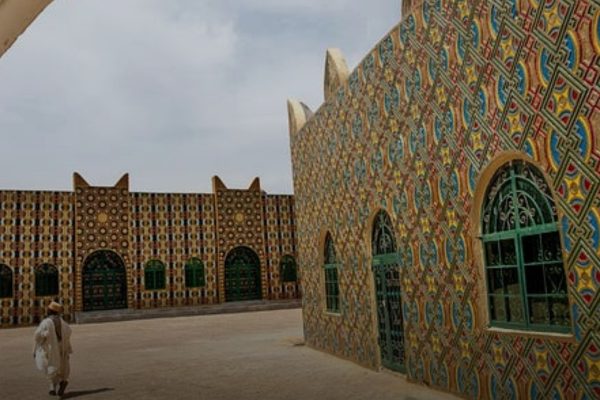
The Trans-Saharan Knowledge Networks of Medieval Africa
The Trans-Saharan Knowledge Networks of Medieval Africa were essential for the exchange of not only goods like gold and salt but also intellectual, religious, and scientific ideas. These networks connected the Islamic world with West African centers like Timbuktu and Djenne, fostering the spread of Islamic scholarship, Sufi teachings, and scientific advancements. Scholars traveled across the desert, contributing to a rich intellectual tradition that shaped African and Islamic cultures. Despite the decline of these networks in the 16th century, their legacy endures in the preservation of knowledge and manuscripts.









